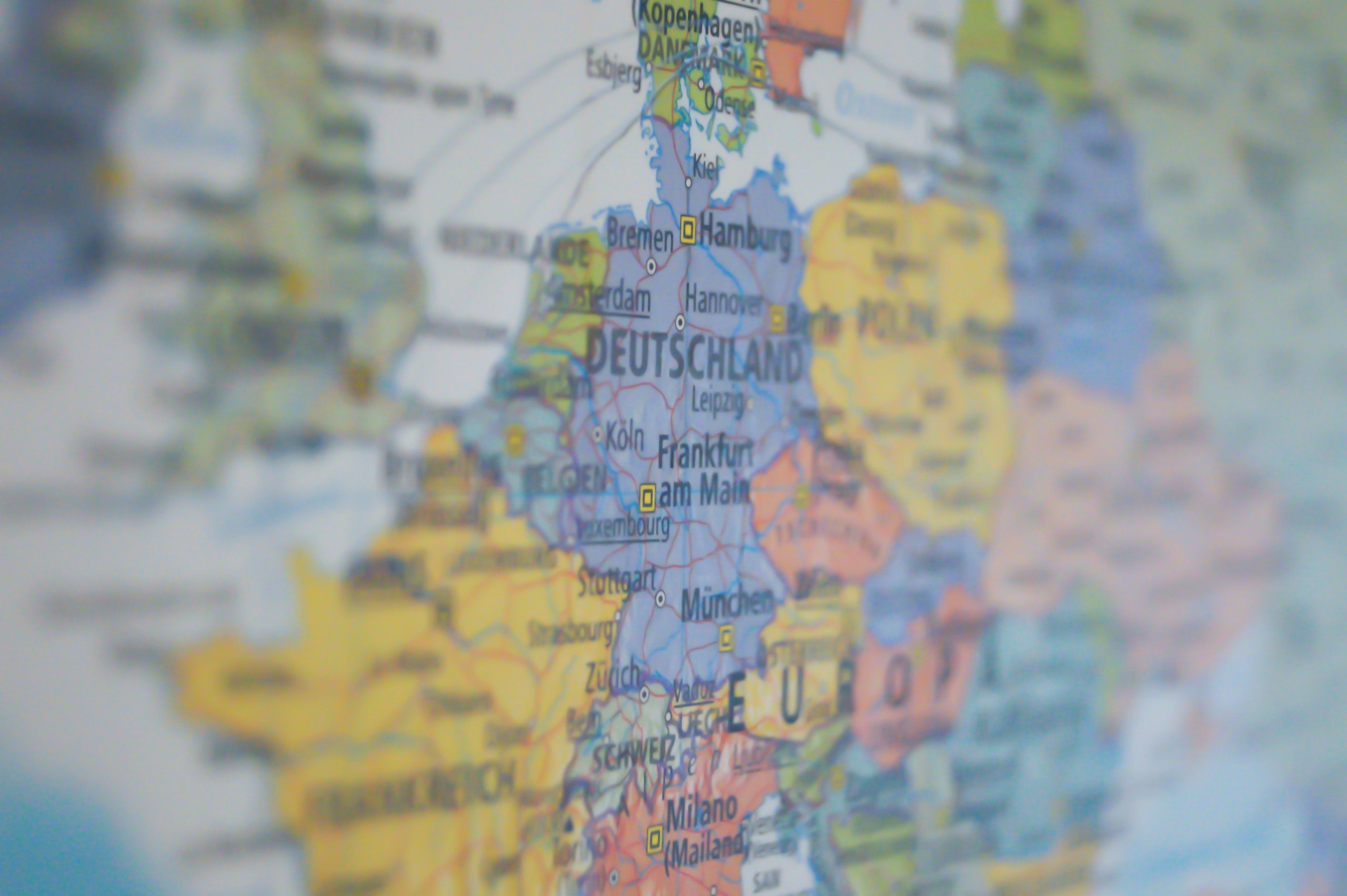The EU, EEA and Schengen Zone

European Union and its single market
Poland is a member state of the European Union (EU) and part of the EU single market.
Why is it important? There are two main reasons:
- Access to the whole EU Single Market zone is much easier.
- When dealing with a Polish partner or contractor, you will need to comply both with the local regulations specific for Poland and acts common for the entire EU.
The EU has an open trade regime, which has provided a stimulus for developing relationships with a wide range of trading partners. The EU is deeply integrated with other global markets. The trend can be expected to continue, as the EU priorities for the next few years are the strengthening of the economy, support for digitalisation and maintenance of close cooperation with other countries.
An important part of the EU business regulations is consumer rights. They include restrictions on promotional practices and advertising as well as regulations on personal data protection and the safety of goods. Polish products and services must be compatible with these regulations if intended for sale on the European single market.
Intra-EU Trade
All members of the single market have removed customs between the states. In general, goods imported from other EU countries require no specific documentation beyond a commercial invoice. So if you wish to import something from Poland to, for example, Romania, Germany, Malta or any other EU country, a commercial invoice will be the only document you will need.
Within the EU, goods from the member states are generally free of import controls. These can apply to (among others) some agricultural products, however.
Extra-EU Trade
The EU member states share a single market, a single economic border and a single external trade policy within the World Trade Organisation (WTO), where the rules of international trade are agreed and enforced.
Poland, as one of the 27 member states of the European Union, is a member of the Customs Union and applies the EU’s customs procedures and Community Customs Codes.
The basic rules of the EU Customs Union include:
- common customs duties on imports from outside the EU
- common rules of origin for products from outside the EU
- no customs duties at internal borders between the EU countries
- common definitions of a customs value
Poland has also adopted the Common Customs Tariff (CCT) of the EU. In general, these import duties are relatively low, which is important from the perspective of the trade based on a re-export model. Applicable customs duties for specific products imported from a selected country can be found here.
Transactions carried out between Poland and the European Economic Area (EEA) countries are free of duty.
As in the rest of the EU, supervision of the international trade taking place on Polish territory is overseen by local customs authority. In Poland it is the National Revenue Administration.
Trade Agreements
The European Commission has exclusive rights to negotiate trade agreements on behalf of the member states, with the agreements later approved (or not) by the Council of the EU and the European Parliament. It means that Poland does not have any separate trade agreements with third countries and is a member of all of the EU trade agreements.
Comprehensive information on trade agreements negotiated by the EU is available on the website of the European Commission’s Directorate-General for Trade:
EU negotiations and trade agreements
European Economic Area
Poland is a member state of the European Economic Area (the EEA). This zone consists of the member states of the European Union and three countries of the European Free Trade Association (EFTA) – Iceland, Liechtenstein, and Norway. Switzerland is not a member of the EEA.
The Agreement on the EEA seeks to strengthen trade and economic relations between the contracting parties. It is principally concerned with the four fundamental pillars of the internal market, these being the free movement of goods, people, services, and capital.
If you wish to import from Poland to another country from the EEA, you can do it freely, as transactions carried out between Poland and the EEA countries are free of duty. Transactions between Poland and non-EU states may, however, be subject to customs, taxes or regulations specific to your country.
Schengen Area
Poland is a part of the Schengen Area. Within the area, EU citizens and non-EU citizens (as long as their stay is legalized) can move freely without border controls. It makes doing business easier for investors, employees, and contractors, and it facilitates cross-border trade.
Today, the Schengen Area encompasses all the EU countries except for Bulgaria, Croatia, Cyprus, Ireland, and Romania. It also includes four non-EU countries: Iceland, Norway, Switzerland, and Liechtenstein. Due to its geographical location, major parts of the Eastern borders of Poland are also Schengen Area borders. These include borders with Belarus, Russia (the Kaliningrad Oblast), and Ukraine.
Useful links
The official website of the European Union and its institutions europa.eu.
Spis treściTable of contents